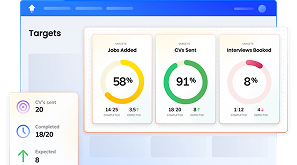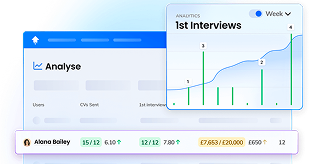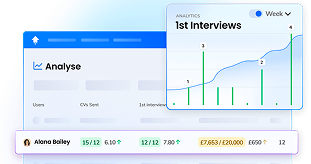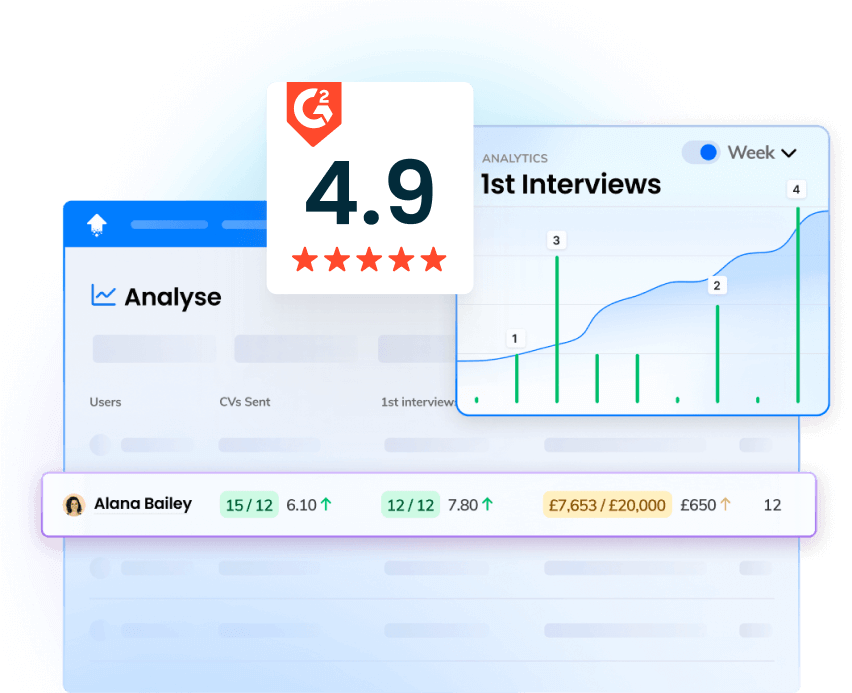Gamification is a concept most people have heard of but very few truly understand. It’s not surprising then that there are many unconvinced individuals who can’t see a clear ROI from adopting gamification.
What Is Gamification?

Gamification is a broad concept which applies game theory, game mechanics and a touch of human psychology to "non-game" environments and activities, in order to engage and motivate people to achieve goals and objectives; be they their own, or those of their employer or organisation.
From Nectar reward points and Starbucks loyalty cards, all the way through to Fitbits and social media itself, gamification is embedded within the world around us.
Gamification works through positive feedback and competition, rewarding individuals for desirable actions and behaviours, and encouraging them to continue and repeat them.
Why Does Gamification Get Misunderstood?
For gamification to be successful, it has to be implemented correctly and ethically. In the past, gamification has been poorly executed within the business setting, with basic mechanics that tried to incentivise the same old tired metrics, leading to short-lived success and diminishing returns.
Gamification has moved on since then, and is now a deeper concept and design technology that dives into behavioural psychology and human motivation.
Gamification In Recruitment
So what does gamification look like in the recruitment industry? It looks like your recruitment consultants doing more of the right things.
It involves recognising and rewarding your consultants for making more calls, finding more candidates, closing more deals and generating more revenue - yes.
But more importantly, it also translates to them being more motivated and fulfilled, more engaged with their work and with your organisation, less likely to move on to alternative roles with your competitors or in alternative industries, and in them acting as ambassadors for your positive company culture, building a strong employer brand that in turn attracts more top talent.
Does Gamification Work?
Thanks to our friends at Inside Sales, the truth is easy to see – gamification works. In their 2018 State of Sales Development report, they investigated how 320 companies use a myriad of tools and methods to smash their targets.
The results are pretty staggering.

Pay attention to the blue squares!
You read that right: gamification technology is increasing quota attainment by almost 10%. Not only that, it’s in the top 5 ways to do so.
We’re no strangers to gamification and the advantages it offers as we’ve been building a platform around it for 3 years. But if you need more convincing, read on.
Motivating With More Than Money

A great quote from the report that we loved was this one:
INSIGHT: Many organizations believe compensation is the way to continue motivating sales development reps to achieve their quota; this data forces us to question that assumption for some companies. Our recommendation is to find a dollar amount that feels appropriate, then begin looking for other ways to motivate, e.g. culture, gamification, club, public recognition etc.
It feels almost too obvious. Giving someone money and sending them on their way does nothing but pad out their bank account and create “shallow loyalty” between your business and them. If they can make more money elsewhere, why wouldn’t they leave?
Now imagine they’re making slightly less money, but are:
- Regularly recognised for their hard work.
- Feel part of something greater than just a sales commission.
- Enjoy a competitive-but-healthy environment through gamification.
Are they more or less likely to leave? We guarantee it’s the former. Rewarding and recognising your team is going to generate considerably better results than merely watching some charts fluctuating up and down and watching your cash flow like a hawk.
On that note…
Gamification vs. Analytics: Data in Isolation Does Nothing
This one will come as a surprise to many.
When pitching our sales motivation platform, we often come up against analytics tools when prospects are searching for a vendor for visualising data and motivating their teams.
One of the top points we stress to reinforce is that data in isolation does nothing. You might have some pretty graphs and charts, and you can tell that your CV to interview ratio is 2.34 – fantastic.
How are you going to improve it? That’s where these purely analytical tools fall down: there’s no follow up to help change that!
Tools that use analytics and gamification together, and motivate individuals to sustain areas of strong performance, whilst doing more to develop areas of weaker performance, can actually help you to move the needle.

It’s all good being told that you need to change, but without the direction or tools to help you do so, you’re going straight back to square 1.
The bottom line is that gamification works – 320 companies can’t be wrong. Can you afford to be?
OneUp Sales - building high performance sales teams by increasing productivity, retaining talent, and empowering management across your organisation. Learn more about our platform and explore what it could do for you.
















